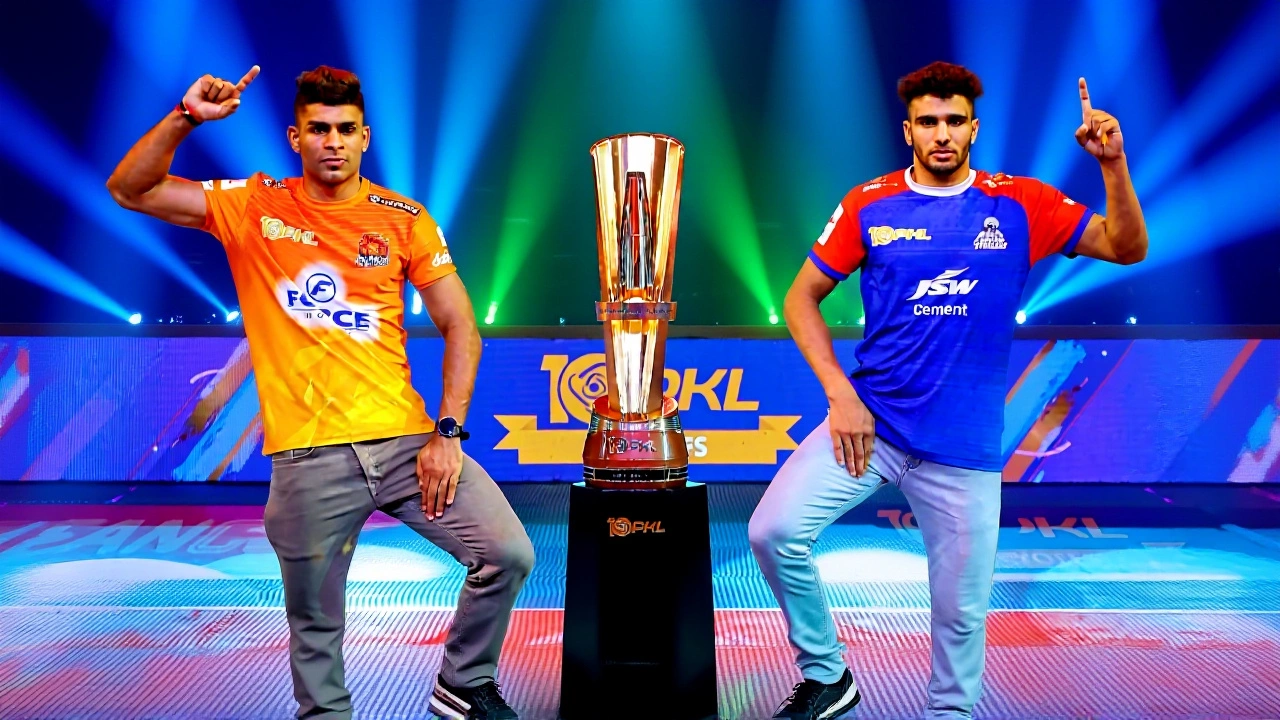Final – The Ultimate Showdown and How It Shapes Stories
When talking about a final, the decisive event that ends a competition or wraps up a narrative. Also known as the concluding stage, it marks the point where all the build‑up either crowns a winner or delivers the last chapter of a story. A final isn’t just a label; it carries the weight of expectation, pressure, and resolution.
One of the most visible forms of a final appears in cricket final, the last match of a series or tournament that determines the champion. In a Test series, like the Ahmedabad showdown where Rahul, Jurel and Jadeja each smashed centuries, the final day turns individual heroics into a collective statement. Similarly, a movie finale, the closing scenes that resolve plot threads and leave a lasting impression can lift a film from good to unforgettable. Whether it’s a high‑octane chase in a Bollywood blockbuster or a quiet, reflective moment in an indie drama, the finale ties together themes, character arcs, and audience emotions.
Beyond sports and cinema, a final often caps a tournament conclusion, the overall ending of a multi‑stage competition that decides rankings and awards. This broader context influences fan engagement, media coverage, and even sponsorship deals. A well‑executed final can boost viewership numbers, drive social media buzz, and set the tone for the next season. In TV, a season finale operates on the same principle: it must satisfy current storylines while teasing future developments, keeping the audience hooked for the next run. Every final shares three core attributes: high stakes, emotional climax, and a clear outcome. High stakes push participants to perform at their peak—athletes train months for a single match, directors storyboard every shot to ensure the ending lands perfectly. The emotional climax is the payoff for months of storytelling, whether that story is told on a field, a screen, or a digital platform. Finally, a clear outcome gives closure, letting fans celebrate victory, mourn defeat, or simply reflect on the journey. Because of these attributes, creators and organizers invest heavily in the final phase. Sports leagues schedule the biggest venues, allocate prime broadcast slots, and bundle merchandise to capitalize on fan fervor. Film studios often release their biggest titles around holiday weekends, banking on the final’s draw to boost box‑office returns. Even independent filmmakers treat the ending as a selling point, using it in trailers to grab attention. In all cases, the final becomes a marketing engine, a cultural moment, and a catalyst for future projects. Below you’ll find a curated mix of articles that dive deeper into specific finals—whether it’s a thrilling cricket showdown, an upcoming Asia Cup clash, or the art of directing a film that ends on a high note. These pieces show how the concept of a final stretches from the pitch to the silver screen, offering practical insights and real‑world examples you can apply to your own interests.Why the Final Matters Across Different Worlds
Puneri Paltan Defends Title, Beats Haryana Steelers in PKL Season 11 Final
Puneri Paltan beat Haryana Steelers by 3 points in the PKL Season 11 final in Hyderabad, clinching a back‑to‑back title and reshaping the league’s competitive landscape.

 Entertainment and Film Industry
Entertainment and Film Industry